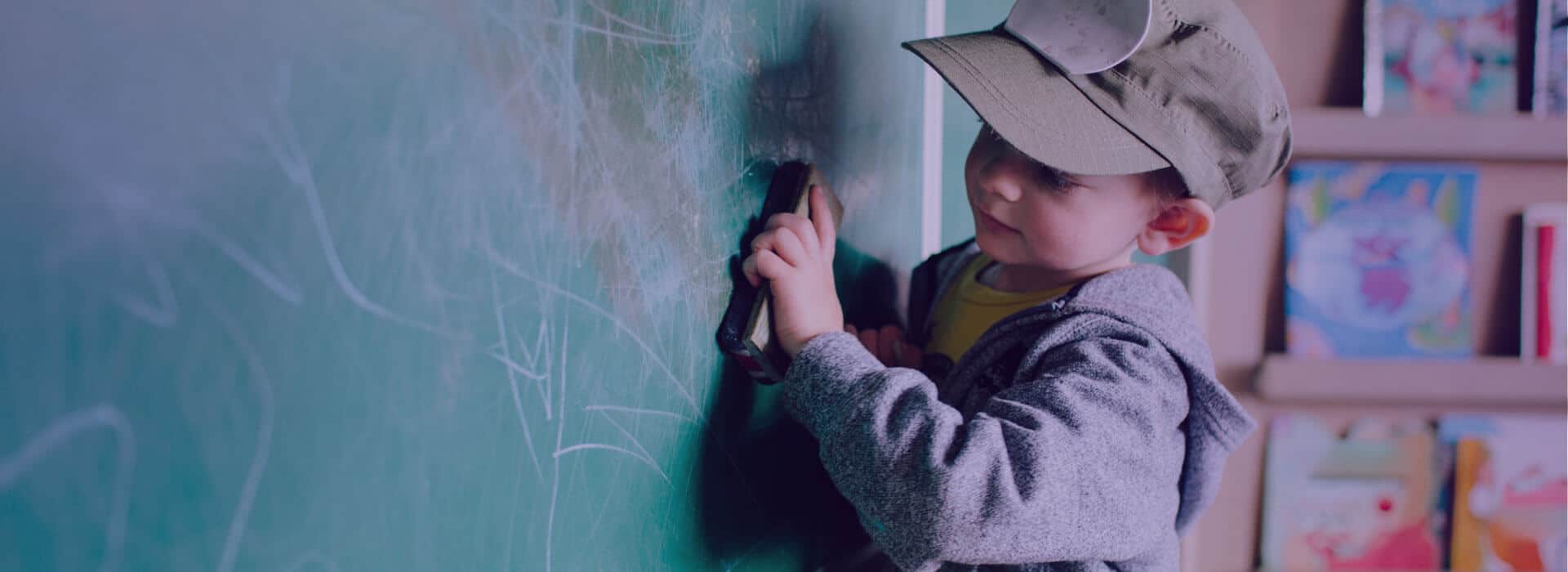19 Apr Covid 19- Lost learning, time to catch up
Recently we explored whether the pandemic has had a significant impact on some young children’s progress; have they lost learning? Not only have many missed out on time in nursery but they have also missed out on many other activities that are such positive learning experiences. For example, attending toddler groups and socialising with extended family and friends.
Early Years staff recognised quickly that some children returned to nursery anxious about being in large groups of children, struggling to share and take turns and finding it harder to concentrate and focus during ‘group times’ . Other children had taken a step back with their toileting skills and table manners. Some children were more reluctant to do things for themselves, such as putting on coats and shoes. Some reports go further, like this piece in a national newspaper.
Some staff also assessed that for children who had needed extra support with their language development there had been stagnation in their progress and so the gap between them and some other children had widened.
So how are early years staff helping these children to catch up?
Around the country early years staff are putting in place simple, yet effective measures to help these children. This has often meant taking a ‘step back’ with the curriculum or revisiting teaching and learning. Good early years practitioners recognise that repetition and practise is the key to long term learning.
For example, early years staff have prioritised simply playing with the children. This way they can model how to share, encourage turn taking and show children how to welcome and include other children in their games. By doing this children are relearning the language of sharing and rediscovering the joy of having other children as playmates.
Many practitioners found that some children who previously sat happily with a large group of other children to listen to stories now found this tricky; they found it hard to focus.
Staff understood this. With the best will in the world parents and carers could not replicate this experience for children under Covid restrictions (unless they happened to have a very large family!) Staff therefore took another ‘step back’, some divided children into smaller groups, some made sure that stories were shorter, some did both. Over time children are able to relearn the skills needed to be a ‘good listener’ and staff could increase the size of groups and the length of stories.
Good early years practitioners know that there is no ‘one size fits all’ when it comes to curriculum planning and that some children need extra help to reach their full potential. So, many nurseries have put together ‘catch up’ programmes for specific groups of children. For example, those who need extra help with their language skills.
Staff have also worked respectfully and professionally with parents to help children catch up with their self- help skills. They have helped parents re-establish toileting routines. Staff have also prioritised sitting with children at meal times, modelling good manners and ensuring that children look forward to these social occasions.
By taking an agile approach to curriculum planning and putting the needs of the individual child at the centre of what they do early years staff are ensuring children get ‘back on track’ quickly and have a lot of fun along the way!
By Sarah Holley, Purple Dove

